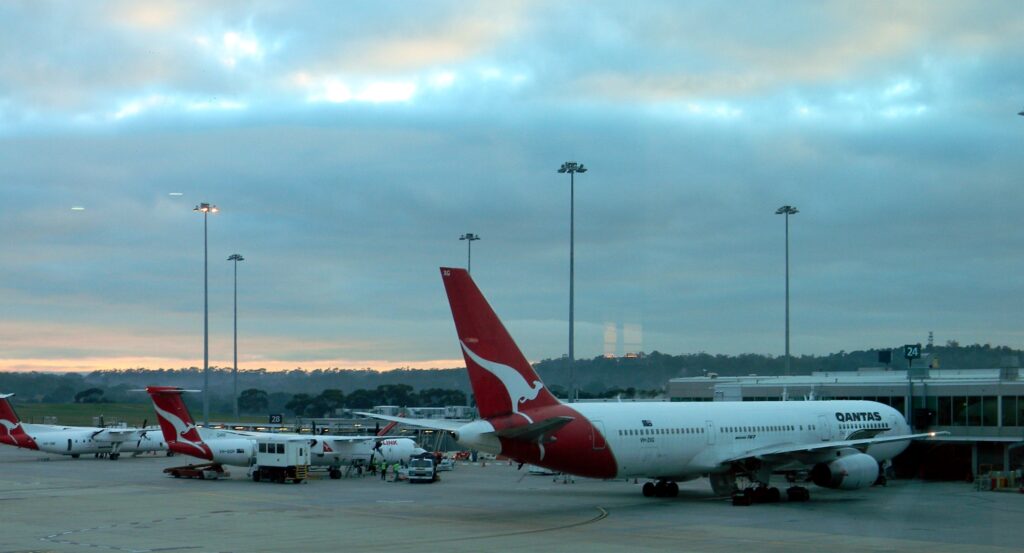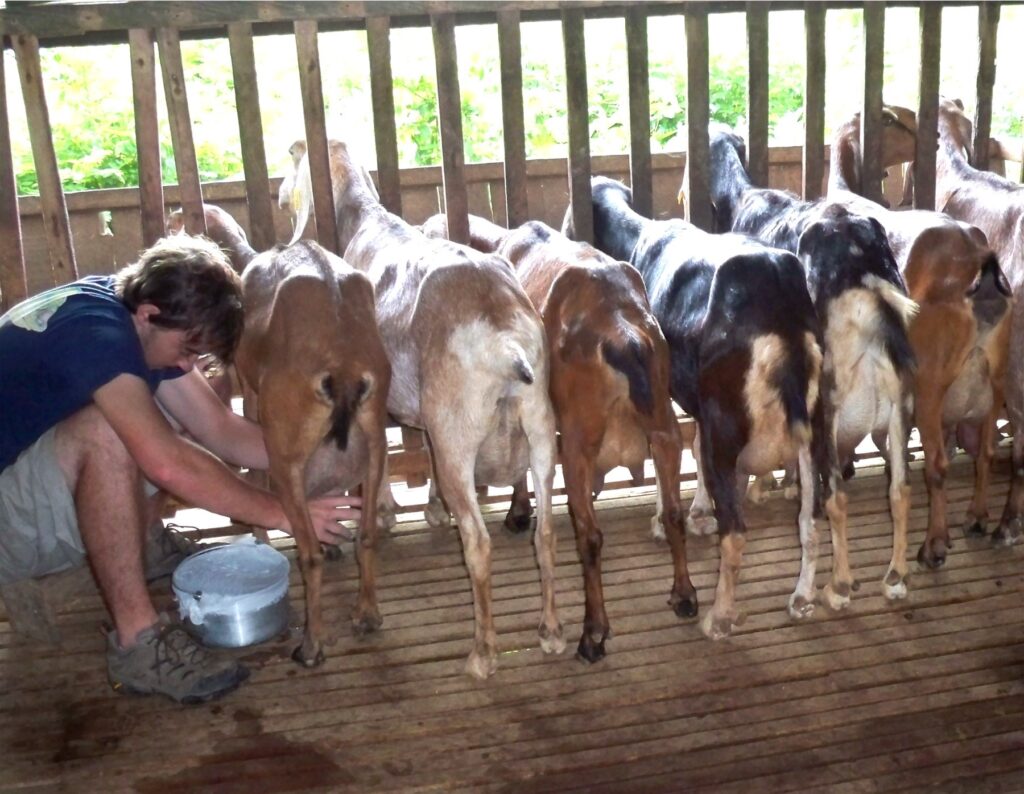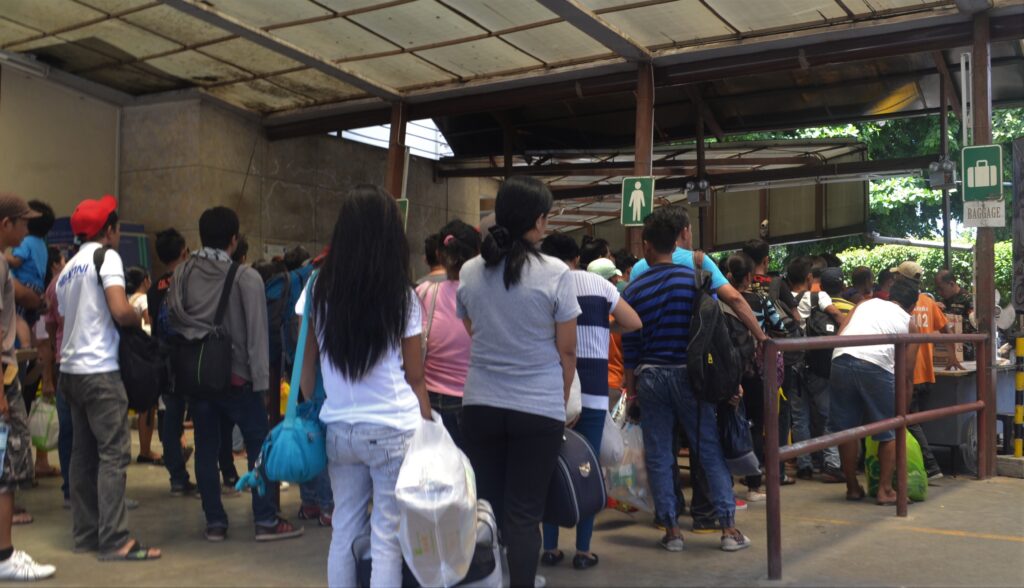Text and Photos by Henrylito D. Tacio
If there’s one issue that catches the attention of everyone, it’s climate change. After all, no one is spared from its consequences: sea level rise, famine, scorching heat of the sun, water crisis, more super typhoons, and massive floods, and unwanted diseases.
With more than 7,000 islands, the Philippines is one of the most vulnerable countries to climate change. In fact, sea-level rise in the country is expected to be three times that of the global average if the situation is unabated, according to the Climate Change Commission of the Philippines.
In addition, sudden shifts from hot temperatures to incessant rains pose uncertainties to agriculture. Extreme rainfall and heat, heavy floods, and constant changes in weather pose a great threat to lives, health, livelihood, and development.
Climate change knows no boundaries. It affects everyone. It will make the poor poorer, create more climate refugees, and greatly affect the vulnerable – children, women, elderly, persons with disabilities, and indigenous peoples.
“Think globally, act locally,” so goes a slogan. The world is doing something to stop the consequences of climate change. While the international community is trying to cut carbon dioxide emissions, there are some things that an individual can do.
In the journal Environmental Research Letters, there are four actions that can make a difference. Let’s take a closer look at each:
Living without a car: A typical passenger vehicle emits about 4.7 metric tons of carbon dioxide per year, according to the US Environment Protection Agency (EPA). This is assuming that the average gasoline vehicle in the road has a fuel economy of about 21.6 miles per gallon and drives around 11,4000 miles per year.
“Every gallon of gasoline burned creates about 8,887 grams of carbon dioxide,” EPA claims.
In addition to carbon dioxide, automobiles also have other greenhouse gases like methane and nitrous oxide from the tailpipe and hydrofluorocarbon emissions from leaking air conditioners.
“The emissions of these gases are small in comparison to carbon dioxide; however, the impact of these emissions can be important because they have a higher global warming potential than carbon dioxide,” EPA says.
Avoiding air travel: “We hear much about the environmental costs of air travel,” wrote Duncan Clark in a feature that was published by The Guardian. “The problem is not just that planes burn a lot of fuel and therefore kick out plenty of carbon dioxide per passenger. Just as important are a host of other high-altitude impacts, including vapor trails and ozone production, that are usually estimated to cause as much warming as the carbon dioxide itself.”
Compared to other modes of transport – like driving a car or taking the train – traveling by air has a greater climate impact per passenger kilometer, even over longer distances. “It’s also the mode of freight transport that produces the most emissions,” states the David Suzuki Foundation on its website.

It’s not only carbon dioxide that planes emit. “When jet fuel is burned, the carbon in the fuel is released and bonds with oxygen in the air to form carbon dioxide,” the foundation explains. “Burning jet fuel also releases water vapor, nitrous oxides, sulphate and soot.”
Avoiding eating meat: The Guardian‘s Fiona Harvey wrote that intensive livestock-rearing is a major cause of greenhouse gases, “in part because of the methane produced by the animals and the massive slurry pits that accompany large farms.” Not only that, but livestock raising also diverts water and grains to grow animals, “which is less efficient than directing the grains towards direct human consumption.”
A study done by scientists at the Oxford Martin School found out that shifting to eating vegetables, or just by simply eating cutting down meat consumption “within accepted health guidelines,” would make a large dent in greenhouse gases.
Another study, published in Nature Communications, analyzed about 500 food consumption and production without cutting down more forests. “The biggest contributing factor to food-related deforestation is eating meat,” the study says.

Have less children: “More people mean more demand for oil, gas, coal and other fuels mined or drilled from the below the Earth’s surface that, when burned, spew enough carbon dioxide into the atmosphere to trap warm air inside like a greenhouse,” the Scientific American says.
According to Robin Andrews, in a feature which appeared in iflscience.com, wrote that that having just one less child “saves a remarkable 59 tons of carbon dioxide. This is 295 times more effective than regularly recycling, or 590 times more effective than using energy-efficient lightbulbs.”
A couple of years back, Pope Francis made news when he commented that climate change is real and that it was mostly man-made. He also urges couples not to breed “like rabbits” but rather plan their families responsibly.
The Washington, D.C.-based Worldwatch Institute said it right: “If we cannot stabilize population, there is not an ecosystem on Earth that we can save.”

Currently, the population of the Philippines is almost 107 million, based on the latest United Nations estimates. The country ranks number 13 in the list of countries by population and is home to 1.38% of the total world population.
Let’s help stop the consequences of climate change. If we do all these four actions, we can do it!

